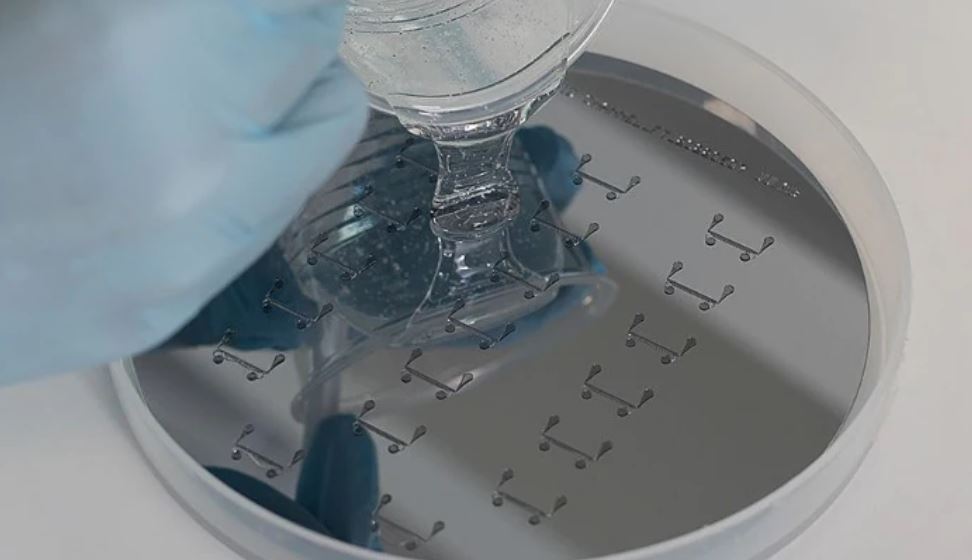Cardiovascular diseases often lead to heart attack or stroke. Australian researchers from the University of Sydney are developing a chip that could warn early about the risks of using a blood test. Their vision is to create a device that could be worn on the body or connected to a mobile phone.
The Chip Evaluates the Risks
Doctors do not quickly determine the higher risk of stroke. It depends on the lifestyle, genetic predispositions, and stress levels vulnerable people are exposed to. This disease of civilization comes suddenly and without warning. One does not feel anything because nothing hurts. In such a case, the patient’s future condition depends on the rapid reaction of loved ones and doctors.

Australian researchers are developing a chip that can notice symptoms quickly. The device needs one drop of blood from the tip of a finger – then the blood moves thanks to the chip technology, similar to the human body.
The Device on a Body
The devices should be available to at-risk patients throughout the day. Thanks to the chips, blood changes that precede a heart attack or stroke could be detected in time. “When blood passes through the device, blood cells clot. We will then measure the course of precipitation – for example, how fast it is, “described biomedical engineer Arnold Lining Ju from the University of Sydney.

In addition to platelet aggregates, the chip also monitors white blood cells. These, in turn, can reveal inflammation of the vessel wall. For example, before it causes a stroke with serious consequences. Australian scientists would like their chips to be embedded in small devices. With them, people would then regularly check their health.
The risk of stroke in vulnerable people varies from day to day. The device can evaluate the risks of blood clots and thus help doctors determine treatment on time. A heart attack and stroke might not come as unexpectedly in the future as before.
Source: sydney.edu.au/news-opinion/news/2022/06/20/micro-device-could-pick-up-early-signs-of-heart-attack-or-stroke.html, featured photo: Vishnu Mohanan on Unsplash




